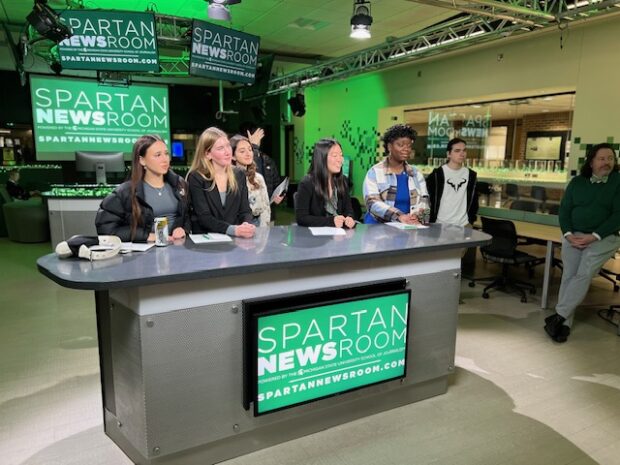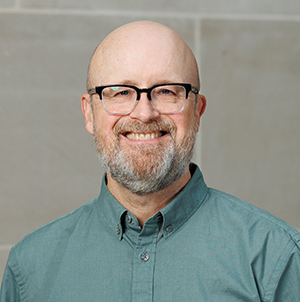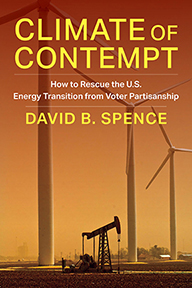The MSU Knight Center’s initiative to diversify reporters and reporting on environmental challenges offers significant scholarships, training and jobs that benefit emerging and diverse student journalists in any field.
One focus of the program is on building expertise with paid opportunities to cover environmental threats that particularly harm marginalized communities. We’re looking for students who contribute to diversity to report on how environmental decisions threaten social justice, civil rights, the health and values of diverse communities.
The expertise of journalists is their lived experience. When it is diverse, better reporting happens and better decisions are made about environmental threats.
The program does not require environmental experience.
Right now the program is soliciting candidates for two programs:
- A three-credit scholarship for three MSU journalism students to enroll in an MSU environmental reporting classes (JRN 472) in Fall 2024. These classes can meet graduation requirements. They are worth $1,800.
- A paid job reporting for the center’s award-winning Great Lakes Echo news service. Gain reporting experience, training and a paycheck. Get published by GreatLakesEcho.org and other major news providers.
The deadline for both programs is September 10.
Interested? Before midnight September 10, 2024, send to MSU Knight Center at mille384@msu.edu:
- a resume.
- copies of or links to up to any three stories you’ve produced for publication or class.
- contact information for one reference and how you know that person.
- about 250 words on how your background and lived experience brings diversity to environmental reporting. You may be culturally or racially diverse or you may list evidence of experience or interest in diversity or suggest environmental story ideas that exhibit such interest.
These programs may help you better qualify for more opportunities in Spring 2025, including internships and conference travel. The deadlines and details will be announced after the first of the year. These opportunities include:
- Interview for paid summer environmental reporting internships exclusively provided to MSU students who contribute to diversity. They are offered by Bridge Michigan, Detroit Public Television, Michigan Public Radio, Circle of Blue and Planet Detroit
- At least two students contributing to diversity will receive fully funded trips to the weeklong Society of Environmental Journalists annual conference next spring in Arizona.
While not required, participation in the environmental classes or as a Great Lakes Echo reporter will better qualify you for the internships and the conference.
More about this program here. Questions: Eric Freedman at freedma5@msu.edu



 “The problem is not that elected politicians are unresponsive to voters, but that changes in electoral competition and the information environment have made politicians more responsive to the most negatively partisan voters, who in turn drive public (mis)understanding of the clean energy transition as a political challenge,” Spence says.
“The problem is not that elected politicians are unresponsive to voters, but that changes in electoral competition and the information environment have made politicians more responsive to the most negatively partisan voters, who in turn drive public (mis)understanding of the clean energy transition as a political challenge,” Spence says.